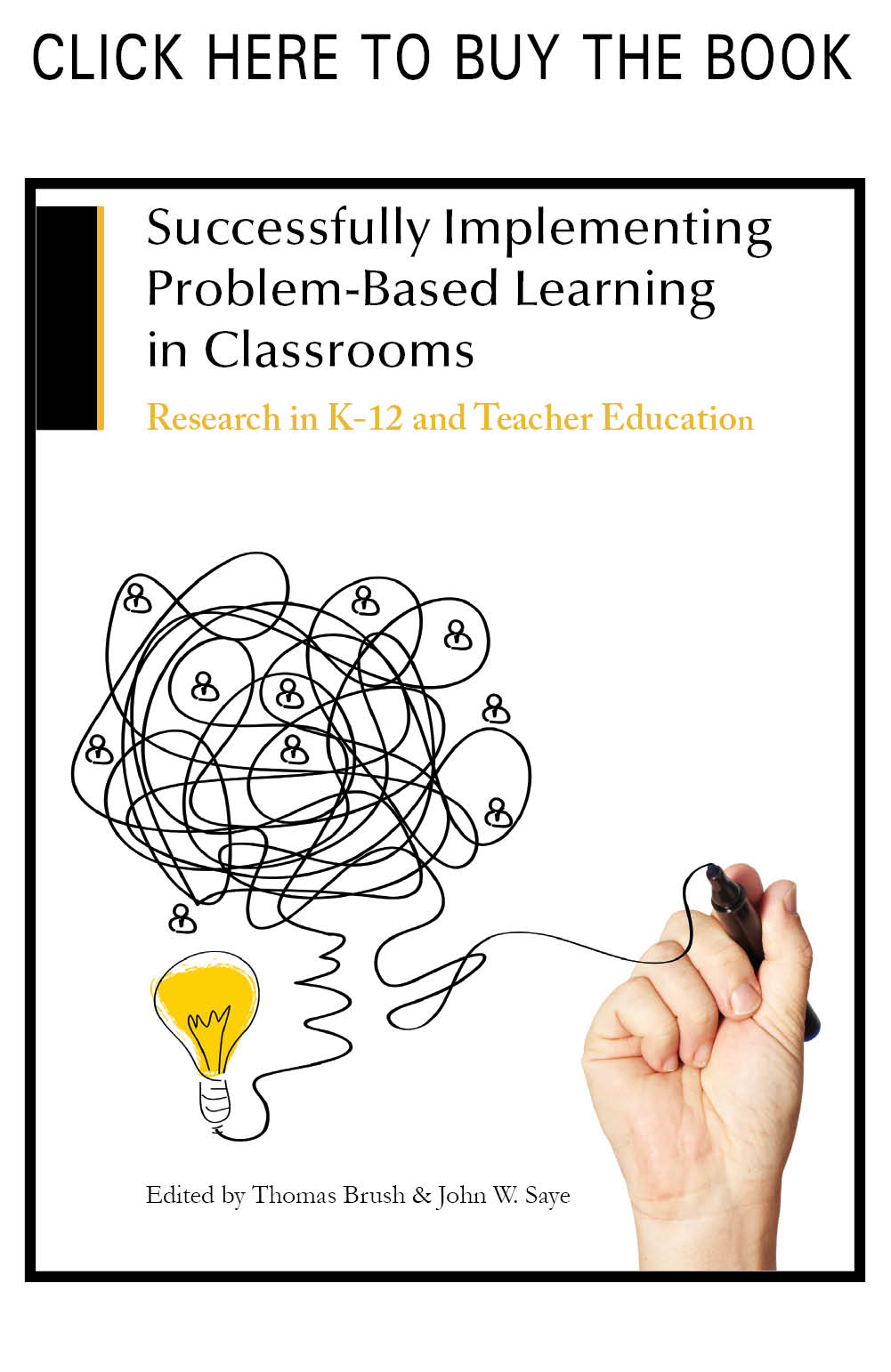Abstract
Assessment validity, reliability, and constructive alignment to planned learning outcomes are less understood in the context of integrated, problem-based curricula. This conceptual paper examines a Triple Jump Assessment (TJA) employed as a formative and summative assessment system in the first year of an undergraduate dental program. Specifically, we deconstructed this instantiation of a TJA in terms of management and co-ordination; assessment design and item development; assessment administration; and assessment review, refinement and modification. Four core principles of TJA design for constructive alignment in an integrated, problem-based curriculum were identified as: (a) viewing the assessment design process as a collaborative and collective faculty endeavor; (b) recognizing the assessment design process as dependent on faculty and students’ shared understandings of learning, teaching, and assessment; (c) highlighting the centrality of ongoing review and monitoring to ensure validity and reliability; and (d) prioritizing student learning in the development of the TJA as an assessment system.
Recommended Citation
Chian, M. M.
,
Bridges, S. M.
,
&
Lo, E. C.
(2019). The Triple Jump in Problem-Based Learning: Unpacking Principles and Practices in Designing Assessment for Curriculum Alignment. Interdisciplinary Journal of Problem-Based Learning, 13(2).
Available at: https://doi.org/10.7771/1541-5015.1813

- Citations
- Citation Indexes: 11
- Usage
- Downloads: 5360
- Abstract Views: 3885
- Captures
- Readers: 115




